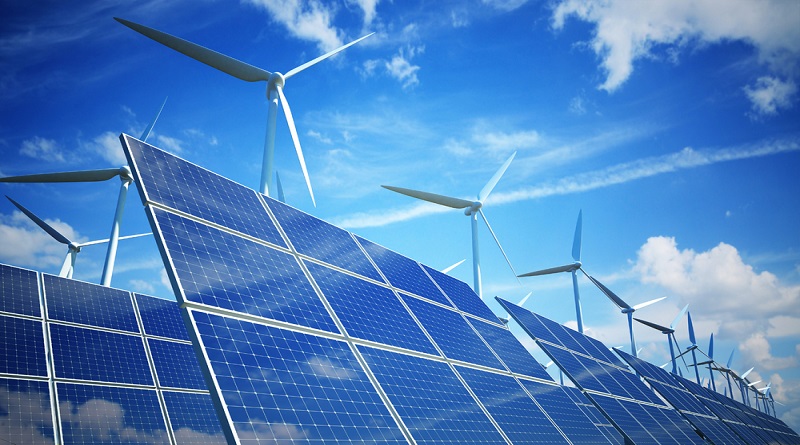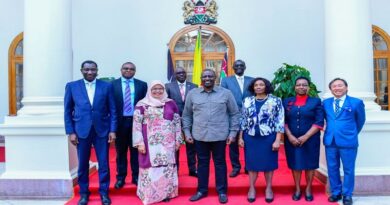GCF commits to reduce renewable business costs in South Africa
The Green Climate Fund (GCF) will help drive down the price of renewable energy in South Africa by boosting the private sector’s investment in wind and solar power in a partnership with the Development Bank of Southern Africa (DBSA).
GCF signed an agreement on Monday 7th October 2019 with the South African development bank to reduce the cost of investing in South African renewables on the sidelines of GCF’s second Private Investment for Climate Conference.
DBSA will now move to implement the GCF-supported Embedded Generation Investment Programme that provides credit support to renewable energy projects – with a targeted capacity of 330 MW in solar and wind-generated power.
GCF’s Executive Director Yannick Glemarec said the signing of the Funded Activity Agreement (FAA) during GCF’s second global gathering to strengthen the private sector’s role as a driver of climate action reflected the importance of business-led efforts to reduce greenhouse gases.
“The ever increasing need to take climate action also offers profitable investment opportunities as firms find innovative ways to forge low-carbon economies,” he said. “This programme will open new markets to independent power producers by enabling them to directly sell energy to industries and cities without sovereign guarantees.”
Mr Glemarec added that GCF’s partnership with DBSA is essential as local knowledge of business environments is key in finding ways to remove the current barriers of low-carbon investment.
DBSA Group Executive for Project Preparation Mohale Rakgate, who joined Mr Glemarec in the agreement signing, said: “DBSA is excited to partner with GCF on yet another ground-breaking climate finance initiative that enables the private sector to develop clean energy without requiring government guarantees. This will further enhance South Africa’s transition to a more sustainable, low-carbon economy.”
South Africa’s planned increased use of renewable energy is a key part of its commitment to peak and then decline its emissions from 2025 to 2030 under its National Determined Contribution (NDC) under the Paris Agreement. This includes a move away from its current reliance on coal, which currently supplies around 90 percent of the country’s electricity generation needs.




